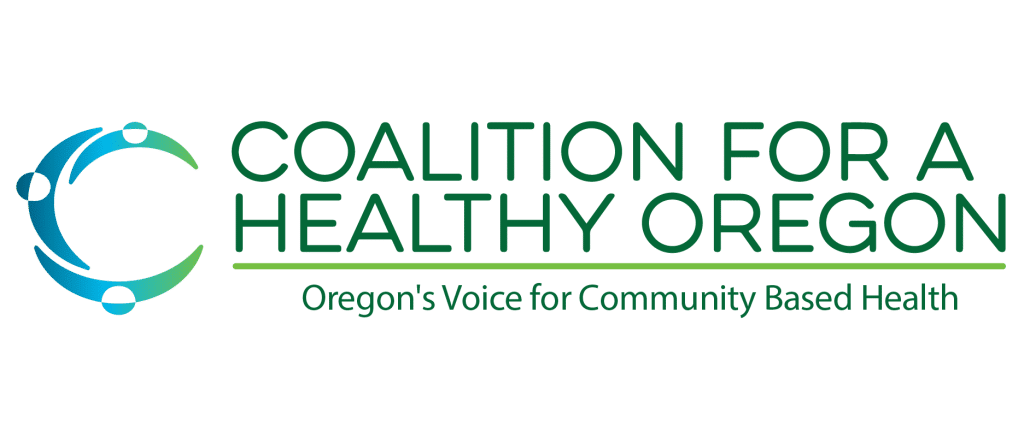Southern Oregon Wildfires Show How CCOs Assist in Emergency Response
February 15, 2024
On Sept. 8, 2020, a series of fast-moving wildfires blazed a path of destruction in Southern Oregon, burning thousands of homes within a matter of hours. In many cases, residents fleeing their homes were left with nothing — including food and medication.
That morning, the staff at AllCare Health came together to assist communities in crisis. Leveraging their local partners and resources, they were able to identify members in the fire zone and ensure they had access to their everyday living needs.
Learn more about this response in the video below.
Dr. Richard Williams, executive vice president of AllCare Health, which serves nearly 65,000 members across Jackson, Josephine, Curry, and Douglas counties, explained how they identified potential victims using ArcGIS mapping of their members, overlaid with fire maps from county emergency responders.
With that information in hand, Williams said they could anticipate who might need early refills of medication, or things like replacement wheelchairs and dentures.
“We didn’t have to wait for them to file a request for those needs,” Williams said.
Jennifer Gustafson, community engagement director for AllCare Health, said they also worked with a local church to bring in food and other necessities for evacuees at the county fairgrounds.
“We had diapers, formula, things people would not think of that were a need for our members who had to flee their homes very quickly,” Gustafson said.
While lawmakers did not necessarily have these things in mind when they created CCOs, Williams said the local relationships and infrastructure built into the model means they can be part of the solution when disaster strikes.
“You have a living entity within the community that can then respond to other things that you don’t anticipate,” Williams said. “The funding comes from the government, but the solution comes from the community, which is the best part of a public-private partnership.”


